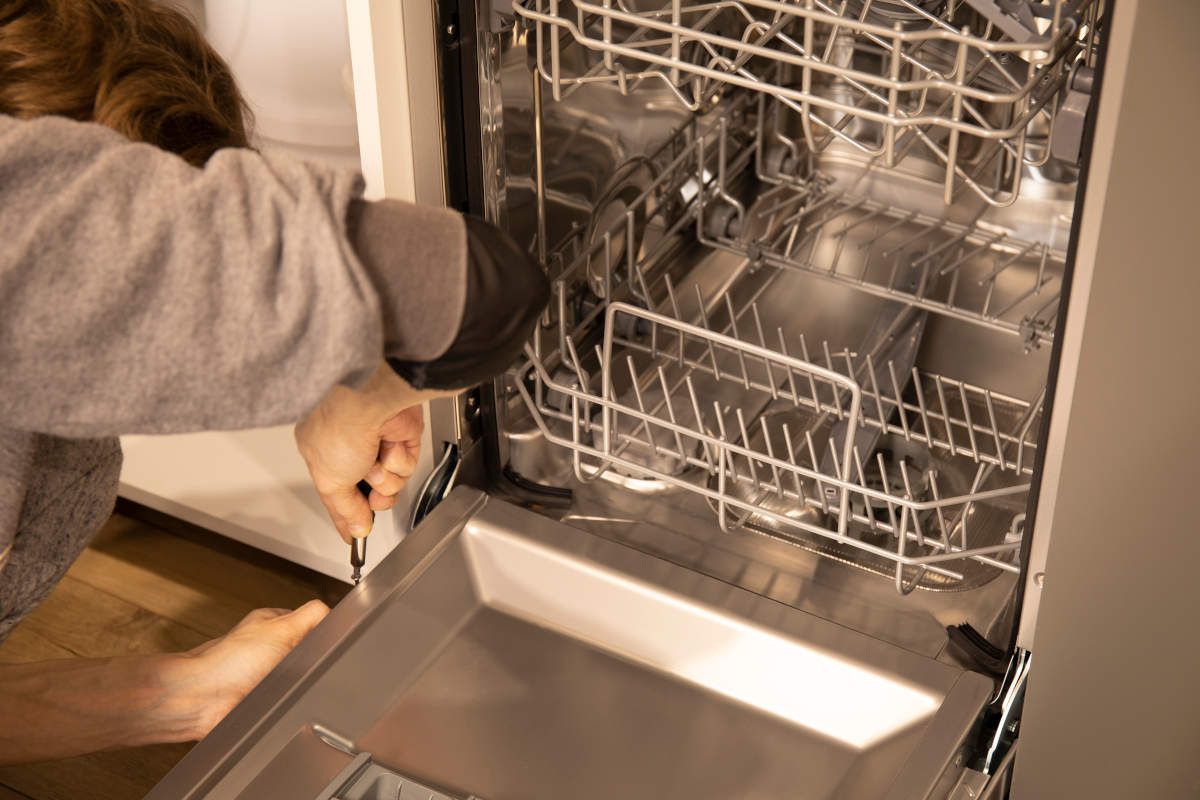Warranties and Repairs Shouldn't Be At Odds

Consumers trapped at home during the pandemic who were tempted to repair minor problems with their appliances and electronics may have been scared away by fears that doing so would void their warranty — a belief that consumer advocates say is encouraged by manufacturers.
In fact, a new survey from U.S. PIRG Education Fund finds that all 43 appliance manufacturers surveyed would consider voiding the warranty if a device had “unauthorized” repair, despite a 2018 warning from the U.S. Federal Trade Commission (FTC). Three years ago, the FTC warned six companies that placing stickers saying the “warranty would be void if removed” on their products is forbidden under warranty laws. A U.S. PIRG Education Fund report at the time found that 45 of 50 appliance companies also were voiding warranties for independent repair. Since then, appliance companies haven’t made things any easier, despite the COVID-19 pandemic.
“Appliance repair requests spiked in the pandemic, which caused delays for many people seeking to fix a fridge or dishwasher. Many would have chosen independent repair at their own cost to prevent down time, but manufacturers have been telling people they can’t without voiding a warranty,” said U.S. PIRG Education Fund Right to Repair Campaign Director Nathan Proctor. “It’s totally unacceptable that the FTC hasn’t cleaned this up. Consumers should be able to repair the things they own, and manufacturers should follow federal warranty laws.”
The findings underscore the need for the FTC to step up its enforcement and for broader Right to Repair protections as manufacturers seek to elbow out independent repair people and mom-and-pop fix-it shops, according to PIRG.
The Magnuson-Moss Warranty Act establishes guidelines that bar “warrantors from conditioning warranties on the consumer’s use of a replacement product or repair service identified by brand or name.” If a manufacturer revokes warranty service because service was not provided by an authorized service provider, this is generally understood to be a violation of the Magnuson-Moss Warranty Act.
Following up on its earlier studies, PIRG contacted 45 of the companies it had contacted in 2018 to see if they were still telling consumers that repair attempts would void their warranties. Of the 43 it was able to contact, all of them were making the claim, as in this PIRG chat session with LG Electronics.

“Duping customers”
Consumer Reports analyzed PIRG’s findings and said the FTC should take action against manufacturers who mislead consumers and also recommended that Congress pass Right to Repair legislation that would require fair access to parts and service information.
“Consumers benefit when they can choose where to take their electronics for repair. This important report from U.S. PIRG Education Fund reveals that some manufacturers may be duping customers into believing the warranty requires them to use only repair services that the manufacturer authorizes. This is contrary to the law,” said Maureen Mahoney, Senior Policy Analyst at Consumers Reports. “We urge federal authorities to investigate and take action to ensure consumers are getting the full and accurate information. We also urge states to pass their own Right to Repair laws to expand consumers’ options for getting independent repair.”
“When manufacturers get to decide what gets fixed and what doesn’t, it adds to waste and consumer costs. We should pass Right to Repair reforms to make sure Americans have choices when it comes to repair,” said Proctor.
